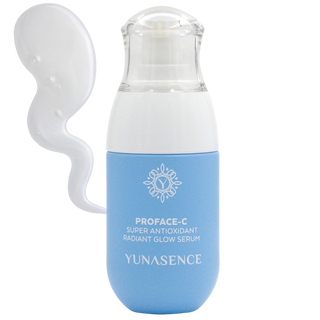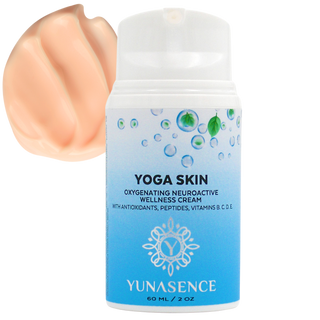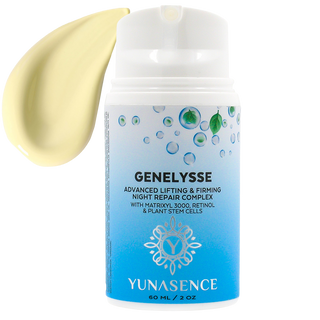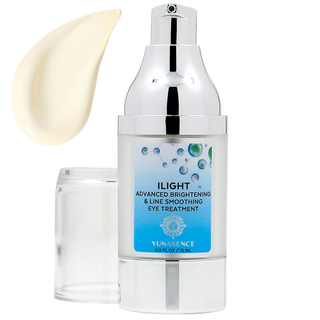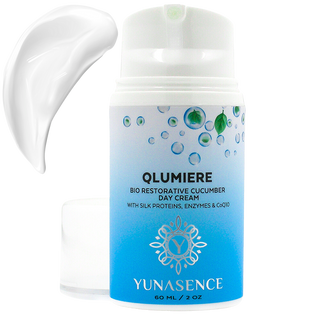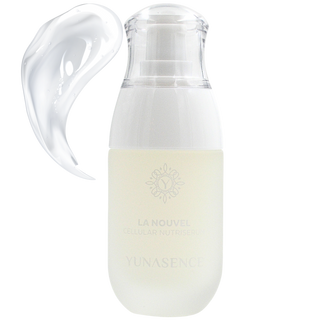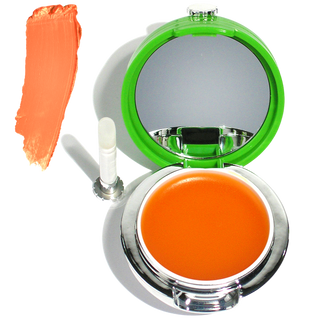Before I share the symptoms, I want to say this: every woman’s journey with Breast Implant Illness looks a little different. Some signs are loud, some are subtle, and some feel so random you’d never think to connect them to implants. I didn’t. Not for years. But once I started learning what BII actually looks like, everything finally made sense. If you’ve been feeling “off” in ways you can’t explain, here are the symptoms many women - including me - wish we had recognized sooner.
These are the symptoms most commonly reported. Many women have several of them at once - and they often come and go, making it harder to recognize the pattern.
Physical Symptoms
-
Chronic fatigue that doesn’t improve with rest
-
Joint pain, muscle pain, or full-body aches
-
Headaches or migraines
-
Hair thinning or sudden hair loss
-
Unexplained skin rashes or itching
-
Shortness of breath or a tight chest
-
Heart palpitations
-
Hormonal imbalances (irregular periods, PMS changes, thyroid changes)
-
Gut issues (bloating, IBS symptoms, food sensitivities)
-
Swollen lymph nodes
-
Breast pain or capsular contracture
Neurological & Cognitive Symptoms
-
Brain fog
-
Poor memory or trouble concentrating
-
Word-finding difficulty (feeling like your mind “goes blank”)
-
Dizziness or vertigo
-
Tingling or numbness in hands and feet
Mental & Emotional Symptoms
-
Anxiety or panic attacks
-
Depression-like symptoms
-
Sudden mood swings
-
Feeling “disconnected” or not like yourself
Immune & Inflammatory Symptoms
-
Autoimmune flares
-
Allergies getting worse
-
Unexplained inflammation throughout the body
-
Recurring infections
-
Cold hands and feet
-
Low-grade fevers
Breast/Chest-Related Symptoms
-
Tightness, pressure, or burning
-
Hardening or distortion (capsular contracture)
-
Pain around the implant area
-
Swelling or changes in shape
If someone has implants and is experiencing a cluster of these symptoms, it’s worth exploring BII - especially when doctors can’t find a clear explanation.
Why the Capsules Must Be Removed During Explant
When you have implants, your body forms a “capsule” around them - a layer of scar tissue made to isolate the foreign object. It’s a natural defense mechanism, like the body trying to put the implant in quarantine.
Here’s why removing the capsule (an en bloc or total capsulectomy) is so important:
1. The Capsule Can Trap Toxins and Silicone
Even without a rupture, implants can “bleed” small amounts of chemicals.
These materials get absorbed into the capsule over time.
If the capsule is left behind, the toxins stay behind too.
2. Silicone and Biofilm Can Hide Inside the Capsule
Tiny silicone particles can migrate into the capsule and sit there silently.
Bacteria can also form a biofilm - a thin layer of microscopic buildup - that keeps the immune system in a constant state of alert.
3. Leaving the Capsule Can Keep the Inflammation Going
If the immune system is already triggered, leftover capsule tissue can continue the inflammatory response, even after the implants are removed. That means symptoms may linger.
4. Some Capsules Become Calcified or Hardened
These can distort the chest, cause pain, or lead to ongoing issues if not removed.
5. Complete Removal Supports a Cleaner, Faster Healing Process
Women who have the capsules removed report:
-
Less inflammation
-
Faster recovery
-
Better long-term symptom improvement
-
A much lower chance of recurrent issues
Simply put:
If the implants are the invaders, the capsule is the bunker - and both need to go so your body can reset.

